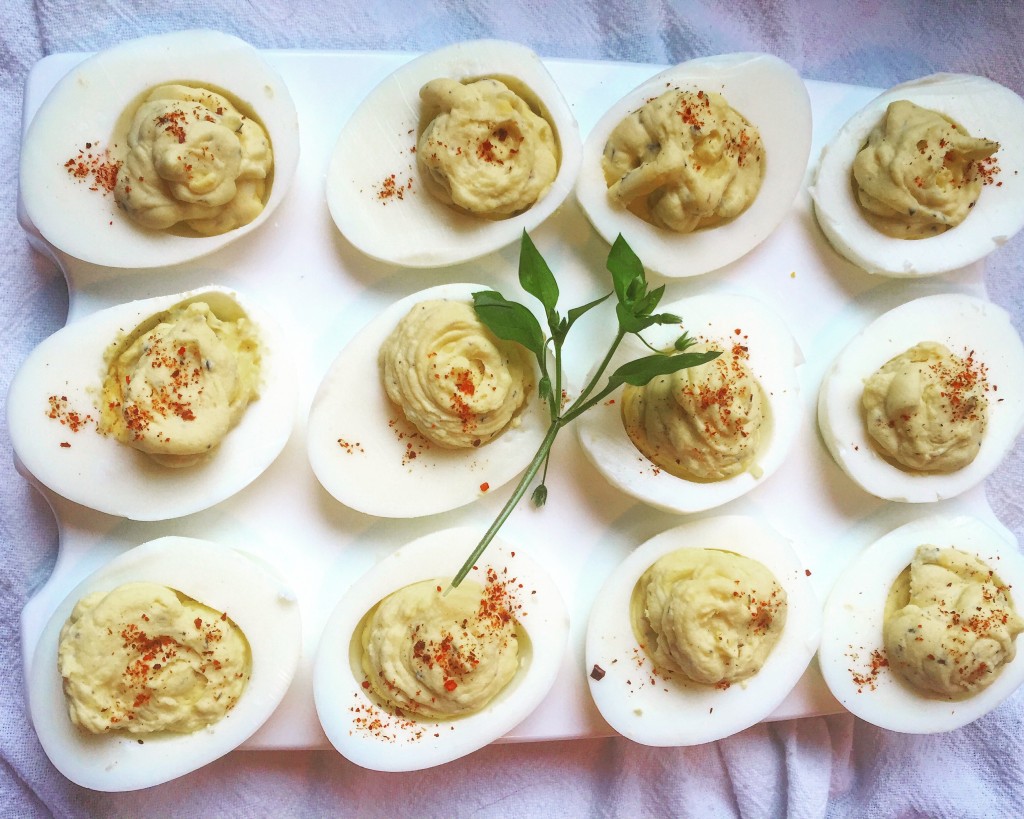5 Healthy Foods for Your Brain

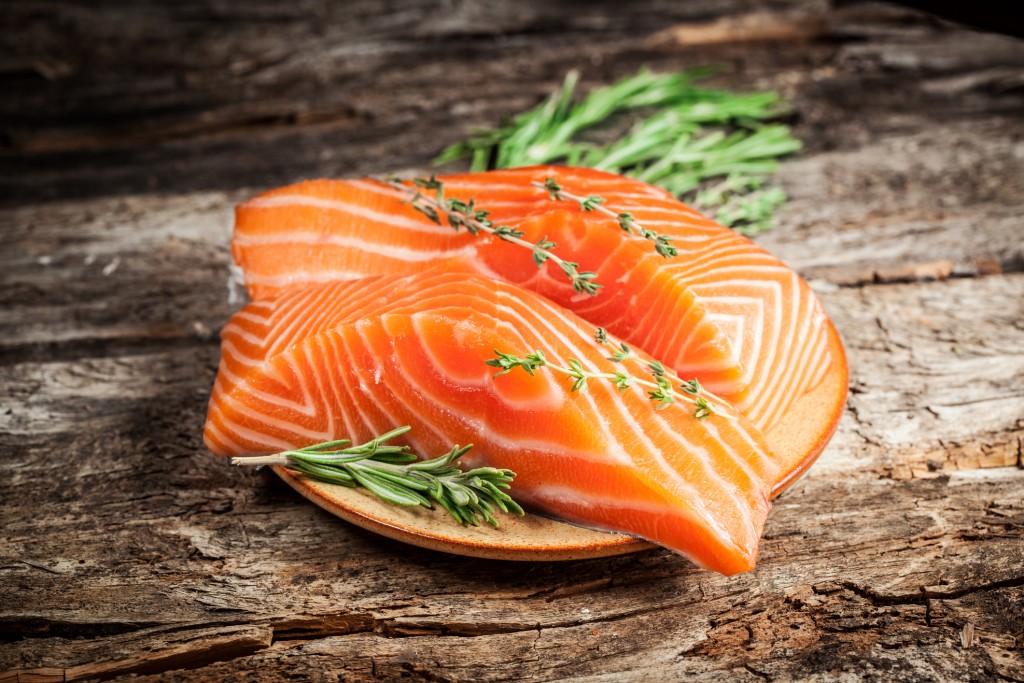 When reading Dr. Eric R. Braverman’s book, Younger (Thinner) You Diet, I was impressed by how much space he devotes to eating foods that promote brain health. I’ve known for years that eating the right antioxidant-rich, organic foods can keep your body young and healthy. But I didn’t realize how much our diet can affect our brains.
When reading Dr. Eric R. Braverman’s book, Younger (Thinner) You Diet, I was impressed by how much space he devotes to eating foods that promote brain health. I’ve known for years that eating the right antioxidant-rich, organic foods can keep your body young and healthy. But I didn’t realize how much our diet can affect our brains.
Omega-3 fatty acids are crucial for feeding the brain, which needs fat to produce neurotransmitters. This means ingredients such as:
- Salmon – Salmon is an excellent source of heart-healthy Omega-3 fatty acids, which can also help improve cognition.
- Fresh produce – One study found that seniors who ate close to 3 servings of vegetables daily decreased the rate of cognitive decline by approximately 40%.
- Whole grains and nuts – Whole grains have more nutrients than refined grains. Nuts are high in fat and calories, but they are nutrient dense, which means they are full of good omega-3 fatty acids, protein, fiber, vitamins and minerals.
- Healthier Fats – Avocados and olive oil can lower our risk for dementia.
- Choline – Eggs are a great source for choline. Early research suggests that people with higher choline intakes have improved memory and cognition.
Salmon: Most experts agree that wild or farmed, the protein in all salmon is excellent and that it is loaded with Omega-3 fatty acid, which are good for heart health, your joints and brain function. Here are more health benefits to salmon:
- Improves bone density and strength.
- Improves your mood. Salmon has been shown to reduce the risk and incidence of depression, hostility in young adults and help fight cognitive decline in the elderly.
- The fats in salmon provide cardiovascular benefits such as reducing inflammation, preventing excessive blood clotting, and relaxing the arteries.
- Eating salmon two to three times per week can help protect you from heart attack, stroke, high blood pressure and high triglycerides.
- Salmon can decrease the risk of macular degeneration, a chronic eye condition that can lead to blindness.
- Eating salmon during pregnancy and nursing helps build children’s brains. Salmon contains high levels of DHA (decosahexaenoic acid), which is the main structural fatty acid in the central nervous system and retina.
- Salmon’s an excellent source of vitamin D. One can of salmon, for example, contains a day’s worth of vitamin D.
- Salmon is an excellent source of tryptophan, an all-natural sedative. Studies show that tryptophan increases sleepiness and helps to shorten the time it takes to fall asleep.
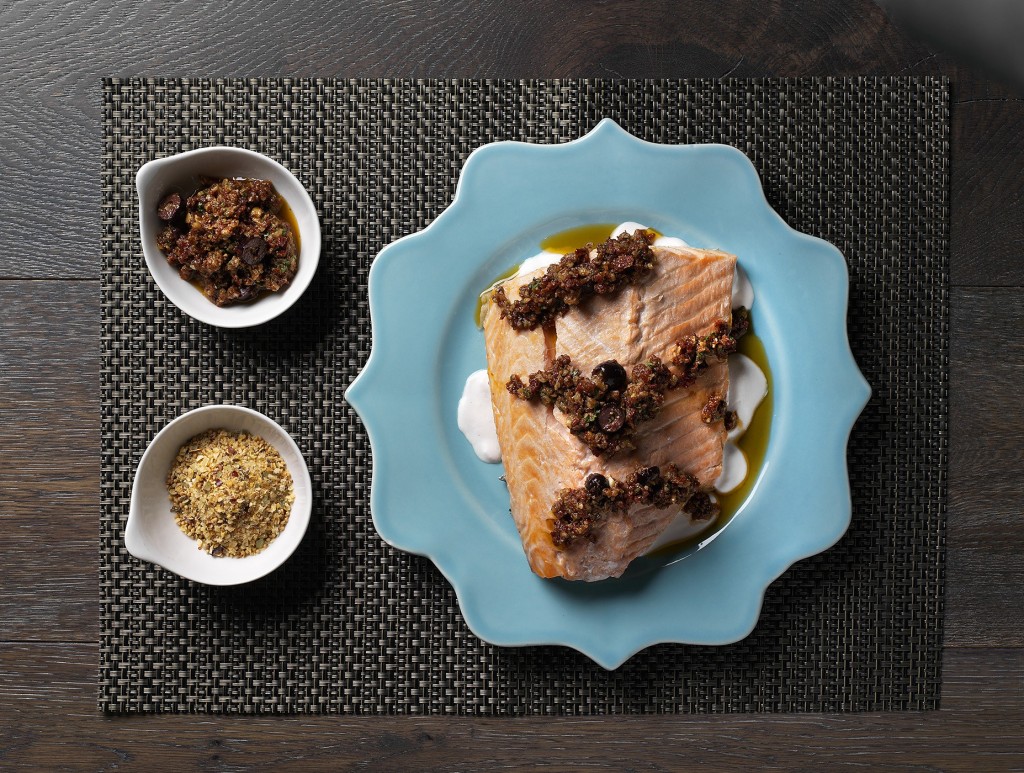
Fresh produce: Vegetables is one of the easiest ways to add more nutrient dense produce to your lifestyle. Toss in a salad or just quickly roast your favorite veggies. Vegetables are packed with vitamins, minerals, fiber, antioxidants and other things that are known to promote good health. Plant-based diets in general have also been linked to greater longevity, less cancer, lower cholesterol, lower blood pressure and healthier body weight.
- Recipe: Roasted Vegetables and Greens Salad with Lemon Vinaigrette
- Recipe: Garlic Miso Summer Roasted Vegetables
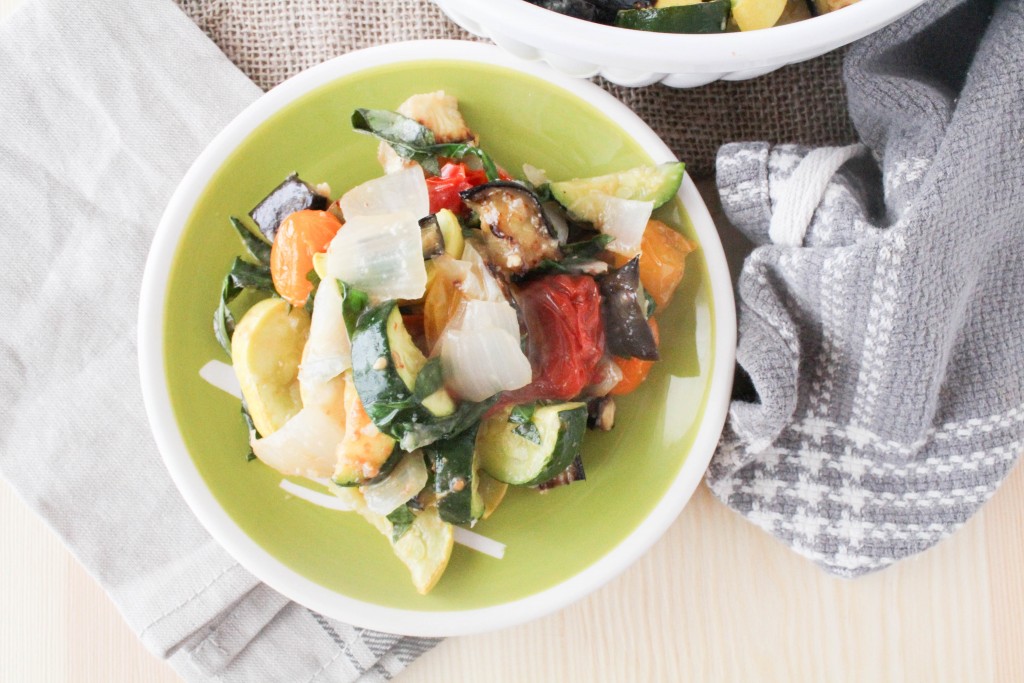
Whole grains and nuts: Whole grains have more nutrients than refined grains. Ancient grains—such as emmer wheat (farro), einkorn, kamut (khorasan wheat), spelt, barley, rye, triticale, semolina, durum, and buckwheat—are far more nutrient dense than modern American high-yield wheat. They also contain far less gluten, so bread products made with these grains will be denser and chewier. That means they will fill you up, keep you satisfied for a longer period of time, and release their energy more evenly
than refined white flour products will. Nuts are one of the most versatile and healthful foods out there, which is why I have incorporated them into my own diet and included 15 recipes in my new book.
- Recipe: Meatloaf with Flaxseed
- Recipe: Kale-Cashew Pesto
- The Truth about Grains: My Top 30
- Going Nutty! I’ve Got a Crush on Nuts
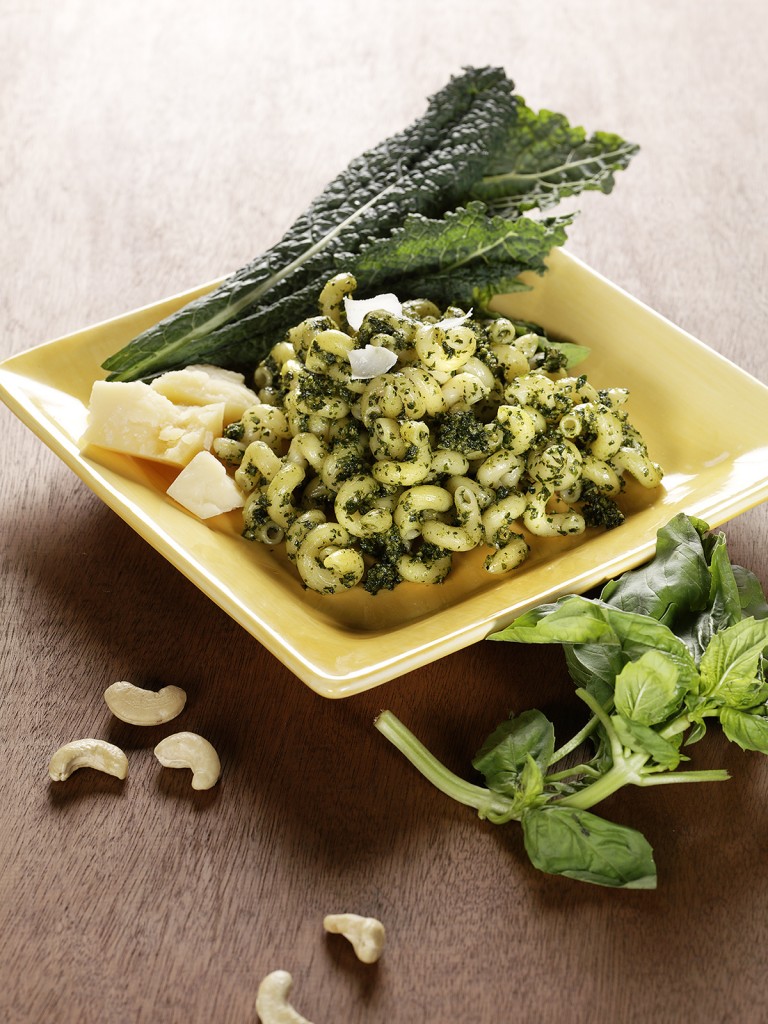
Healthier Fats: For good health, you need to eat some fat every day, but which fats are best for us? Oils are the most efficient energy nutrients you can consume.
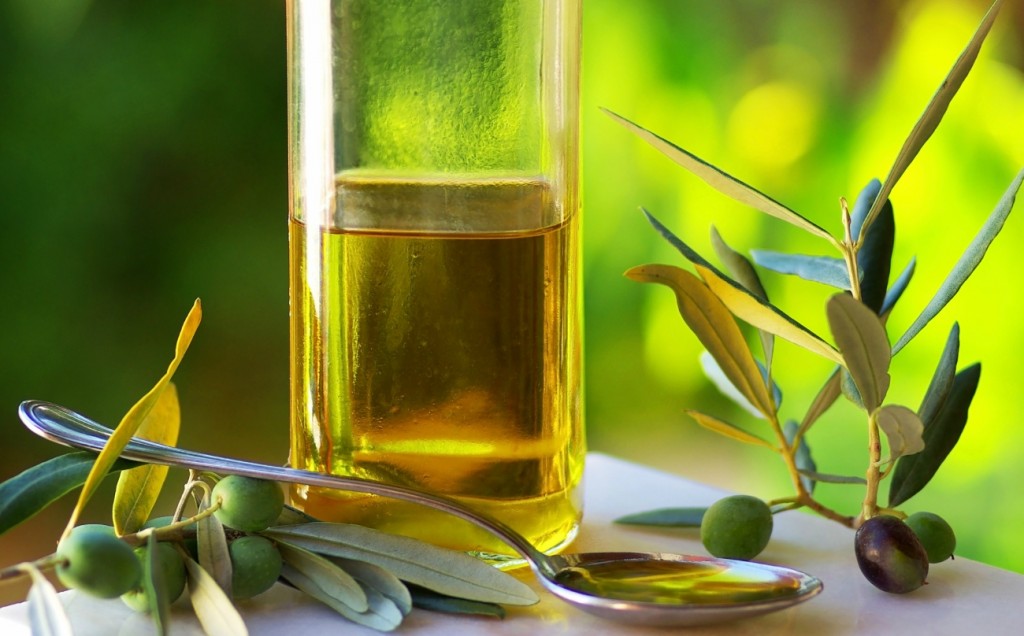
Choline: Eggs contain choline, a building block for acetylcholine. So if you want to feel a little more focused, make yourself an egg salad sandwich or deviled egg. Stirsome turmeric into your olive-oil-based mayonnaise before you fold in your chopped eggs, and you’ll have a brain-empowering lunch. Add some chopped celery for an extra choline boost.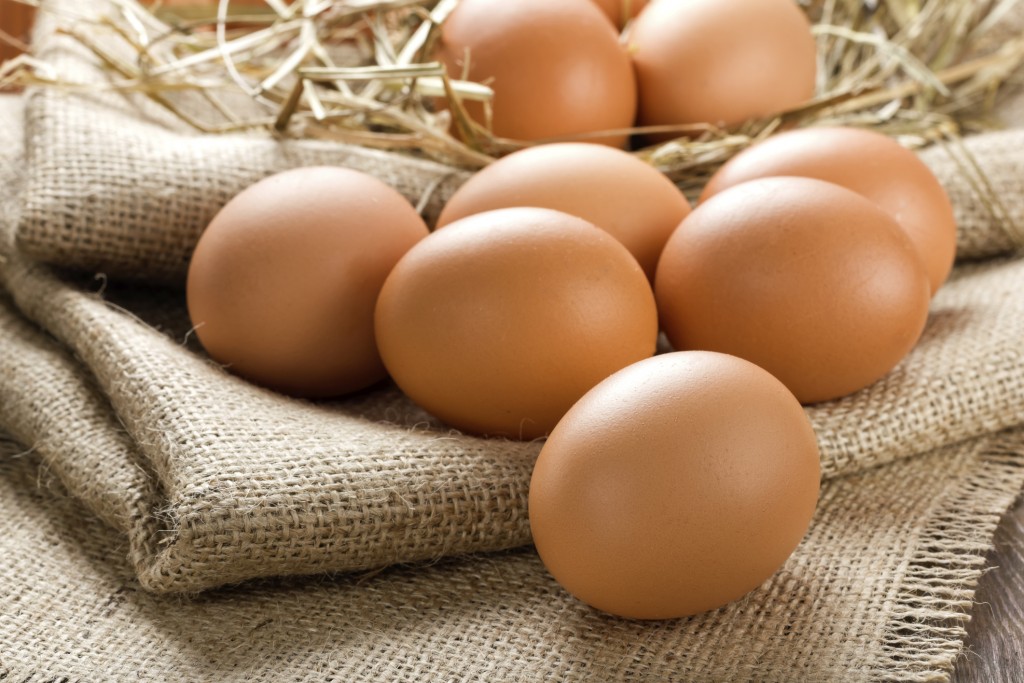
Other foods containing choline are almonds and coffee. If you add a splash of almond milk to your morning coffee, you’re feeding your brain. Grate some fresh nutmeg into your cup and now you’re boosting your serotonin levels, too. Serotonin is another important neurotransmitter. It keeps your brain in sync and helps elevate your mood. The spice saffron also helps fight depression by raising serotonin levels. Add lots of saffron to a seafood paella to feed your brain and your belly.
